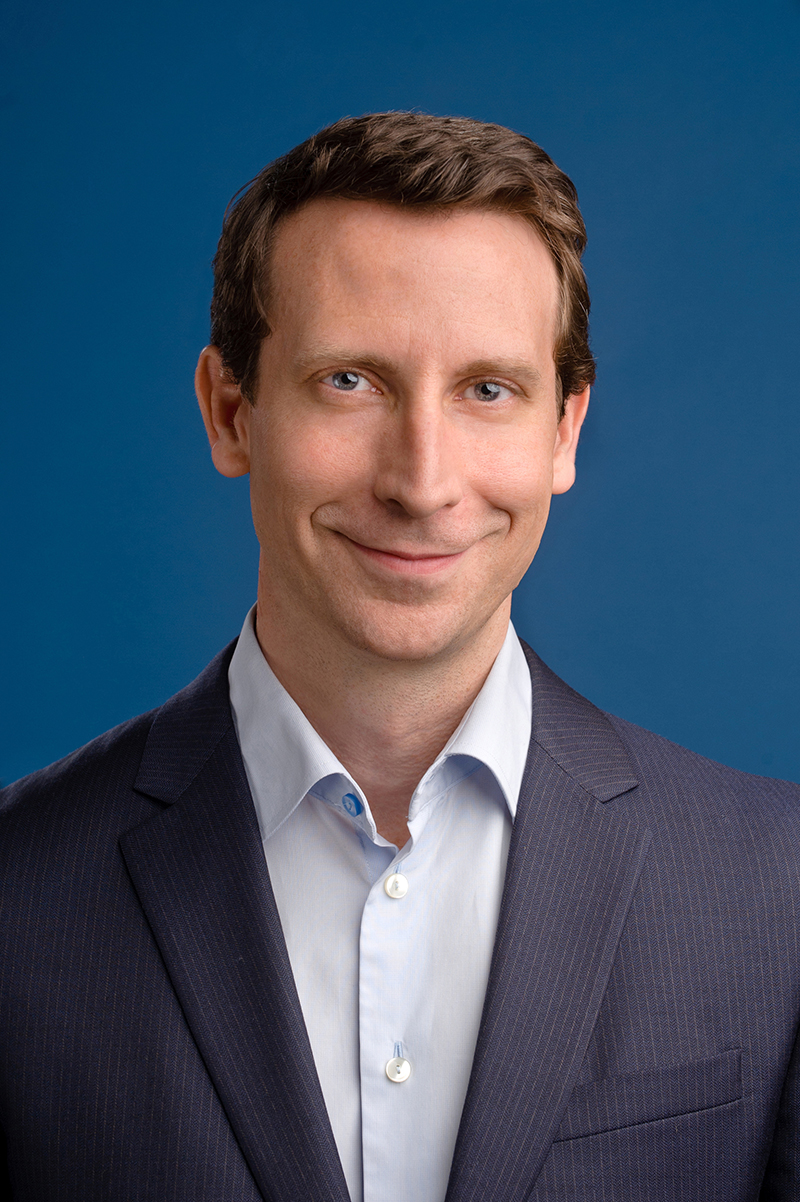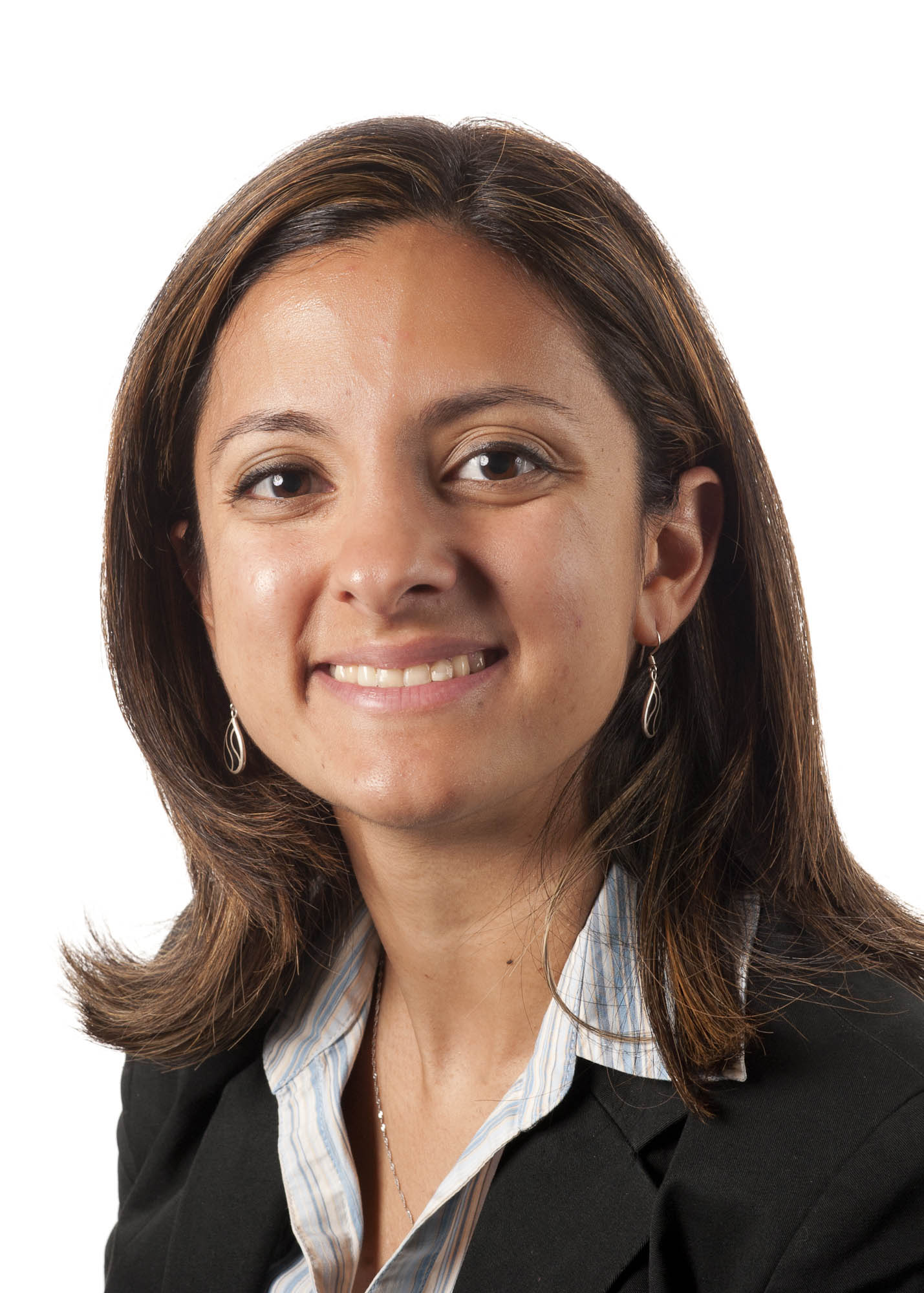Daniel Payne graduated from BHP in 2002. After working in investment banking and financial services, he decided to change paths and pursue a Master of Architecture degree from Columbia University. He is now a consultant[…]
Tag: Texas BHP
Alumni Spotlight: Rod Morris – VP of Marketing and Operations for Opower, Class of 1995
Roderick Morris is the Senior Vice President of Marketing and Operations for Opower, the global leader in cloud-based consumer engagement solutions for the utility industry. Rod graduated from UT Austin with degrees in Business Honors,[…]
Senior Reflections from the Class of 2014
Each May we have to say goodbye to around 100 BHP seniors as they graduate and move on to the next phase of their lives. The BHP Class of 2014 made their mark not only[…]
BHP Students Mingle with Professors at HBA Events
The Honors Business Association (HBA) hosts Dinner with a Professor (DWAP) events throughout the year to connect BHP students with professors outside of the classroom. “After the DWAPs professors have more participation in class since[…]
Alumni Spotlight: Pegah Javidpour Taylor – Principal for KIPP CONNECT, Class of 2007
Pegah Javidpour Taylor graduated with degrees in BHP and MIS in 2007. She is now the principal for KIPP CONNECT Houston Middle School in Houston. The school will serve 108 5th grade students in Fall 2014,[…]




